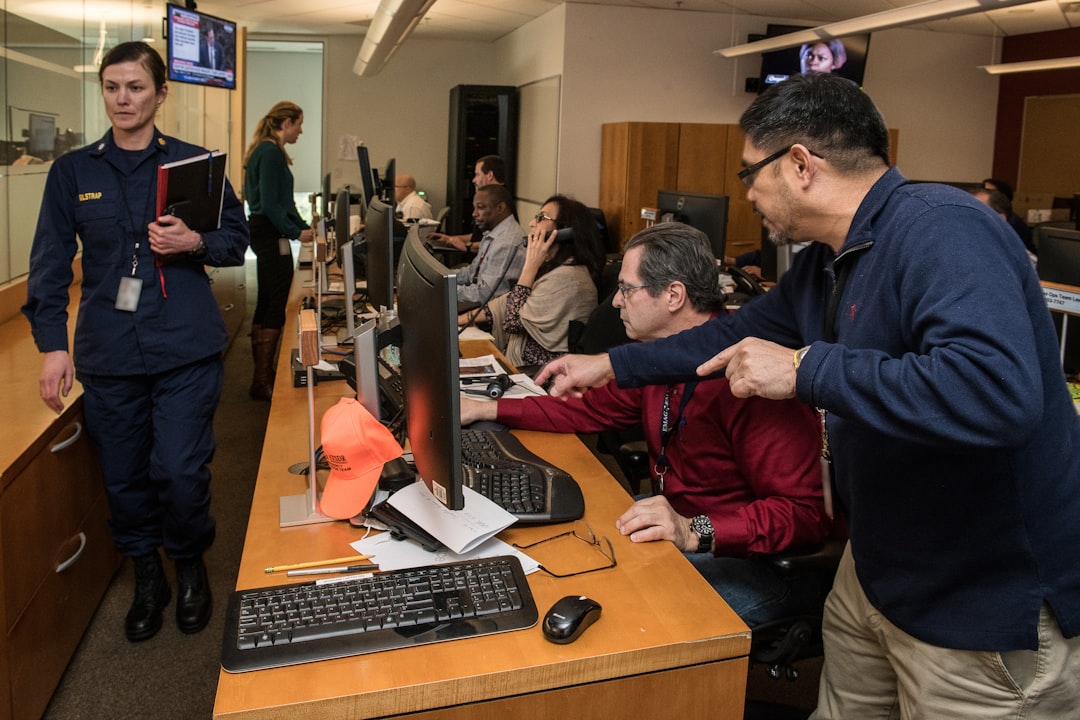 Navigating the Complex Waters of Maritime Law: A Guide for Massachusetts Residents
Navigating the Complex Waters of Maritime Law: A Guide for Massachusetts Residents
As a resident of Massachusetts, you may have a deep appreciation for the state’s rich maritime history and its continued importance in the global economy. From the bustling ports of Boston and Gloucester to the scenic coastal towns of Cape Cod and the Islands, Massachusetts has a long and storied relationship with the sea. However, with great power comes great responsibility, and the maritime industry is no exception. When accidents or disputes arise, it’s essential to have a team of experienced maritime lawyers on your side to navigate the complex waters of maritime law.
1. Understanding Maritime Law
Maritime law, also known as admiralty law, is a unique and specialized field that governs the relationships between ships, ports, and the people who work on or around them. This body of law is designed to promote safety, efficiency, and fairness in the maritime industry, and it’s essential for anyone involved in maritime activities to have a basic understanding of its principles and practices.
In Massachusetts, maritime law is governed by a combination of federal and state statutes, as well as common law and international treaties. The federal government has jurisdiction over maritime matters that involve interstate or international commerce, while the state of Massachusetts has jurisdiction over matters that involve solely intrastate commerce or local issues.
2. Types of Maritime Claims
Maritime lawyers in Massachusetts typically handle a wide range of cases, including:
* Personal injury claims: These involve injuries or illnesses suffered by individuals who work on or around ships, such as crew members, dockworkers, or passengers.
* Property damage claims: These involve damage to ships, cargo, or other property caused by accidents, negligence, or other factors.
* Contract disputes: These involve disputes between shipowners, charterers, or other parties over issues such as cargo handling, vessel maintenance, or payment terms.
* Maritime liens: These involve claims by shipowners or other parties to recover debts or damages related to a vessel or its operation.
3. The Role of Maritime Lawyers
Maritime lawyers play a critical role in helping individuals and businesses navigate the complex legal landscape of the maritime industry. They have a deep understanding of the unique laws, regulations, and customs that govern maritime activities, and they can provide valuable guidance and representation in a wide range of situations.
Some of the key services that maritime lawyers in Massachusetts can provide include:
* Investigating accidents or incidents to determine the cause and liability
* Negotiating settlements or mediating disputes between parties
* Representing clients in court or arbitration proceedings
* Providing advice on maritime law and regulations
* Helping clients to comply with safety and environmental regulations
4. The Importance of Experience
When it comes to maritime law, experience is everything. Maritime lawyers who have spent years working in the industry have a deep understanding of its complexities and nuances, and they can provide valuable guidance and representation in a wide range of situations.
In Massachusetts, there are many experienced maritime lawyers who have spent years working in the industry and have a deep understanding of its unique laws and regulations. These lawyers have a proven track record of success in handling complex maritime cases, and they can provide valuable guidance and representation to individuals and businesses who are involved in maritime activities.
5. The Benefits of Working with a Maritime Lawyer
Working with a maritime lawyer in Massachusetts can provide a wide range of benefits, including:
* Expert guidance and representation in complex maritime cases
* A deep understanding of the unique laws and regulations that govern the maritime industry
* Access to a network of experts and resources that can help to investigate and resolve maritime disputes
* A proven track record of success in handling complex maritime cases
* The ability to negotiate settlements or mediate disputes between parties
6. The Challenges of Maritime Law
While maritime law can be a complex and challenging field, it’s also a highly rewarding one. Maritime lawyers in Massachusetts who are dedicated to their work can make a real difference in the lives of individuals and businesses who are involved in maritime activities.
Some of the key challenges that maritime lawyers in Massachusetts may face include:
* The complexity of maritime law and regulations
* The need to stay up-to-date with changing laws and regulations
* The importance of building relationships with clients and other parties
* The need to be able to communicate effectively with clients and other parties
* The importance of being able to think critically and strategically
7. The Future of Maritime Law
The future of maritime law is likely to be shaped by a number of factors, including advances in technology, changes in global trade patterns, and the ongoing need to promote safety and environmental sustainability in the maritime industry.
In Massachusetts, there are many lawyers who are dedicated to staying ahead of the curve and adapting to the changing needs of the maritime industry. These lawyers are committed to providing the highest level of service and expertise to their clients, and they are well-equipped to handle the complex challenges that the future may bring.
8. Conclusion
Maritime law is a complex and specialized field that requires a deep understanding of the unique laws and regulations that govern the maritime industry. In Massachusetts, there are many experienced maritime lawyers who have spent years working in the industry and have a proven track record of success in handling complex maritime cases. Whether you’re a shipowner, a crew member, or a passenger, it’s essential to have a team of experienced maritime lawyers on your side to navigate the complex waters of maritime law.
Understanding
Where To Start with and More
Transform Your Room: The Advantages of Working With a Cleaning Company




 The Guidelines to Follow When Looking for the Best Locksmith Company in Toronto
The Guidelines to Follow When Looking for the Best Locksmith Company in Toronto
 Factors to Consider to Keep Your Dogs Safe
Factors to Consider to Keep Your Dogs Safe The Uses of having a Property Capital Allowance
The Uses of having a Property Capital Allowance